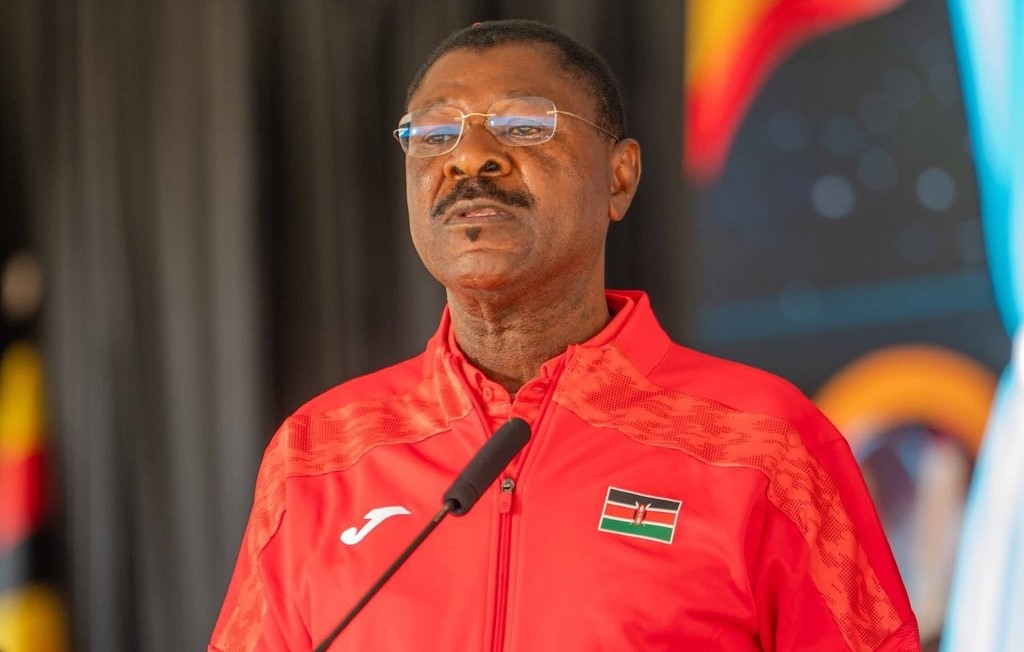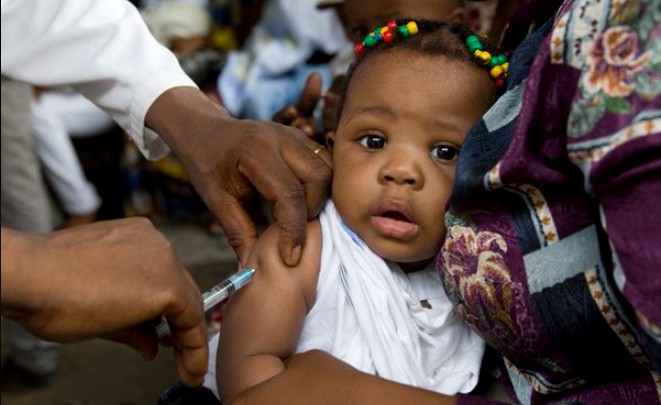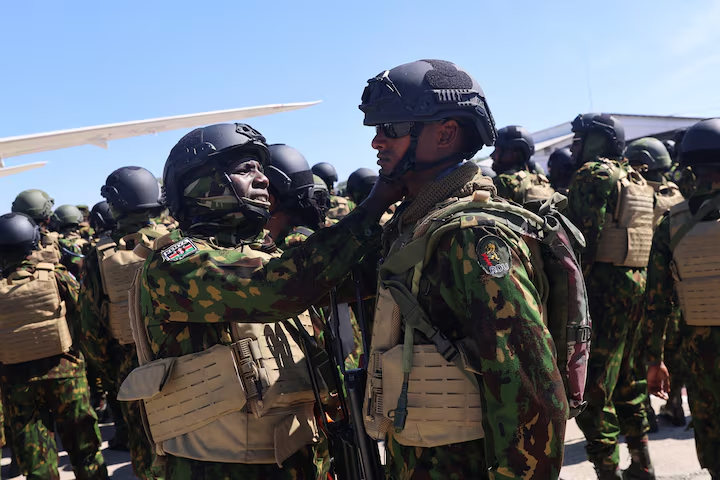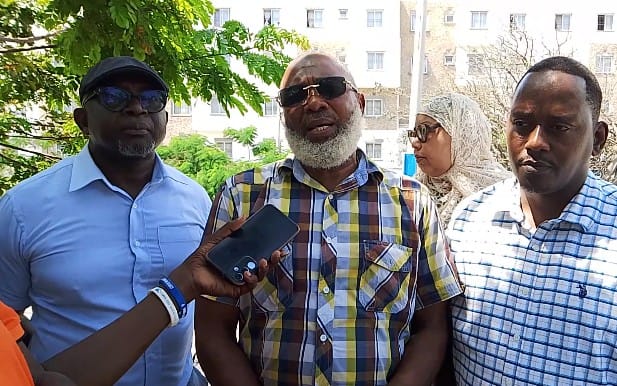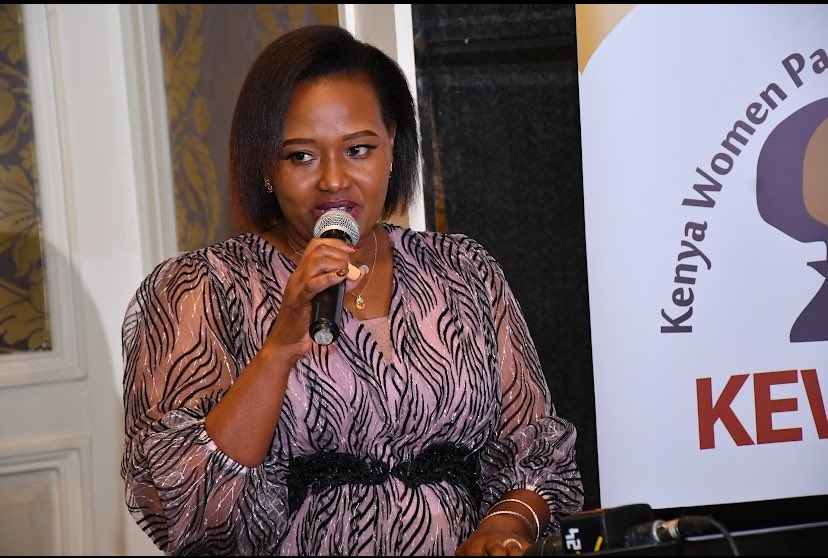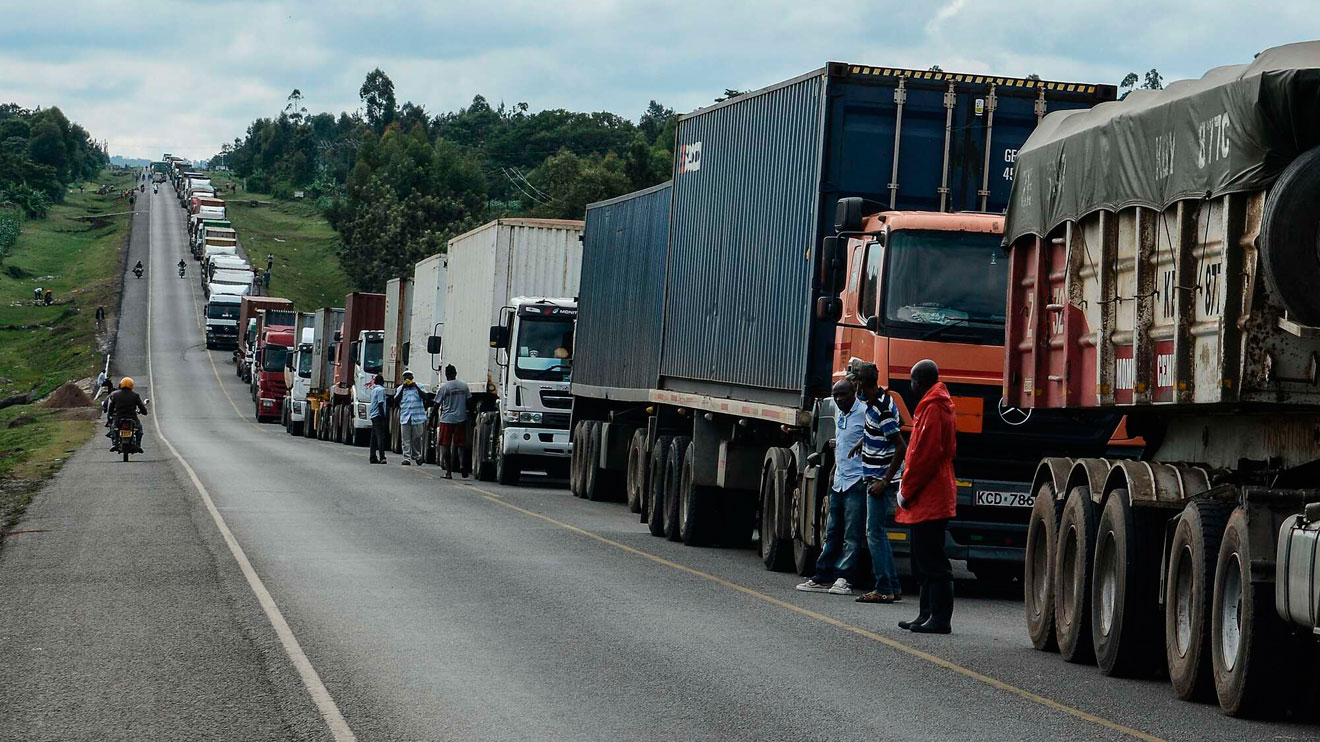Political analysts weigh in as ODM faces crucial test of unity after Raila’s death
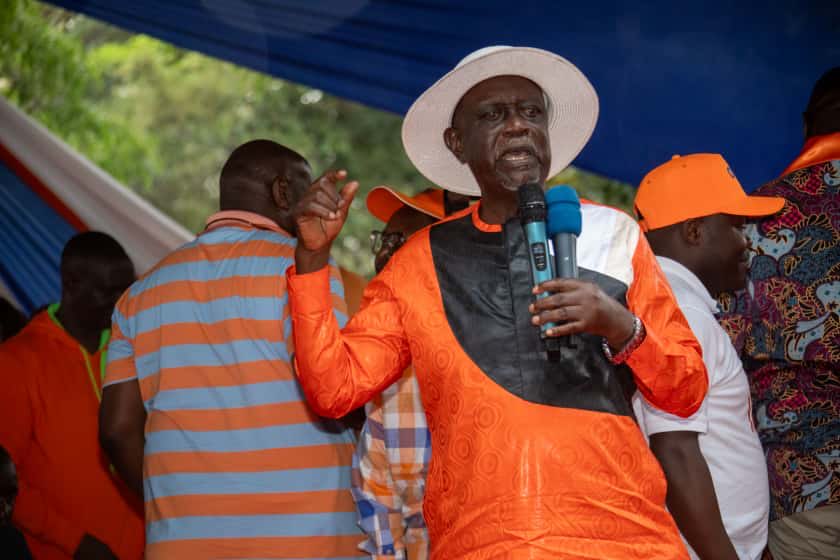
This development came just days after Mombasa Governor Abdulswamad Nassir confirmed that the party was scheduled to hold its first Central Committee meeting on Monday, October 27, 2025, following the passing of its leader.
The future of the Orange Democratic Movement (ODM) Party, once led by the late Raila Odinga, is the subject of much speculation, given that political parties in Kenya often revolve around individual personalities.
Despite assurances from senior party figures that unity will be maintained after Raila’s passing, political observers who spoke to the Eastleigh Voice believe that unity will not come easily due to competing internal interests.
More To Read
- Why Beryl was buried facing the gate at the Kang’o Ka Jaramogi home
- Drama at Beryl Odinga’s burial in Bondo as Ida confronts rowdy youth
- Full implementation of NADCO report puts UDA–ODM pre-election alliance under pressure
- Ruto and Oburu strengthen UDA-ODM alliance after by-election win
- Saboti MP Caleb Amisi warns ODM may not survive 2027 after by-election struggles
- Harrison Kombe wins Magarini parliamentary seat with 17,909 votes
On Friday, Siaya Senator and Raila’s elder brother, Oburu Odinga, convened a meeting in Bondo attended by Raila’s widow, Ida Odinga. Oburu is currently serving as the acting party leader following Raila’s death.
The meeting brought together delegates from the four counties of Migori, Kisumu, Homa Bay, and Siaya, with discussions centred on consolidating ODM’s political influence in the region.
This development came just days after Mombasa Governor Abdulswamad Nassir confirmed that the party was scheduled to hold its first Central Committee meeting on Monday, October 27, 2025, following the passing of its leader.
Coast-based political analyst Katana Kazungu said Raila’s death dealt a heavy blow to the party, arguing that the veteran leader neither appointed nor prepared a successor.
“Raila was ODM, and ODM was Raila. With his demise, the party will never be the same again, especially because he never anointed anyone to lead it into the future,” said Kazungu.
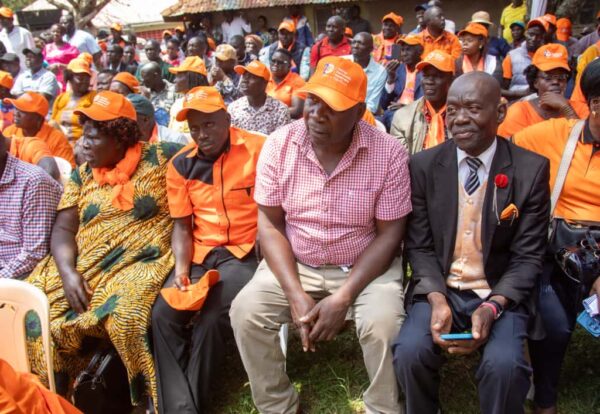 ODM party delegates, legislators and officials from Siaya, Migori, Homa Bay and Kisumu Counties at Oburu Odinga's home in Bondo. (ODM)
ODM party delegates, legislators and officials from Siaya, Migori, Homa Bay and Kisumu Counties at Oburu Odinga's home in Bondo. (ODM)
He further predicted that divisions would likely emerge between ODM leaders allied to the government and those in opposition.
“Nevertheless, in the 2027 elections, ODM may benefit from sympathy votes in parts of the country, including Nyanza, Nairobi, and the Coast. However, with time, that sympathy will fade, and ODM could become a party of the past,” Kazungu added.
According to Abdulswamad, the upcoming Central Committee meeting will focus on three key agenda items.
The first item concerns the upcoming by-elections, which the party views as crucial to maintaining internal cohesion and securing victories against rivals seeking to exploit divisions.
High Court advocate and political commentator Ambrose Weda said ODM’s unity is both vital and achievable but depends largely on the kind of leadership it adopts and on President William Ruto’s approach towards the party.
“Some members have thrived on exclusionism and believe it can still work. They may be in for a rude awakening,” warned Weda.
The second agenda item will revolve around ODM’s 20th anniversary celebrations, which will also commemorate Raila’s 80th birthday and his political achievements. The third will assess progress on the party’s 10-point agenda agreed with the government, ensuring accountability and tracking implementation of shared priorities.
International relations and political expert Professor Macharia Munene noted that ODM is currently undergoing internal conflict and is no longer the formidable force it was under Raila’s leadership.
“ODM will not be a major player in 2027. Its strength is likely to decline,” said Prof. Munene.
Following the Central Committee meeting, ODM MPs, senators, and governors are expected to hold a joint session with party leaders to deliberate on internal conflicts and chart a unified path forward.
Abdulswamad said the meeting will be key in shaping ODM’s direction during this transitional period, helping the party honour Raila’s legacy while addressing pressing political and organisational challenges.
Political analyst Samuel Owida painted a grim picture of the party’s future, arguing that many of those calling for unity are driven by self-interest rather than principle.
“They are engaging in carefree politicking. Come 2027, the party risks shrinking into oblivion unless it rededicates itself to its founding principles of justice, democracy, and the rule of law, values now upheld only by Sifuna, Nyong’o, and Orengo,” said Owida.
He further claimed that Oburu’s appointment as interim leader appeared questionable, suggesting the possibility of external influence behind the decision.
Top Stories Today



